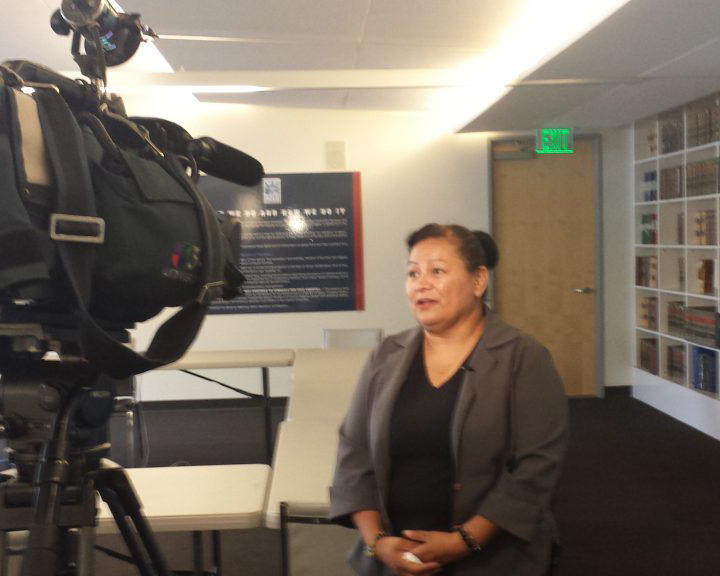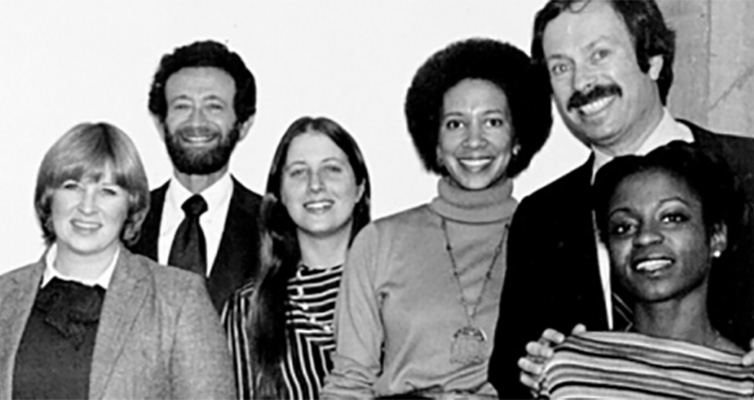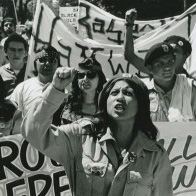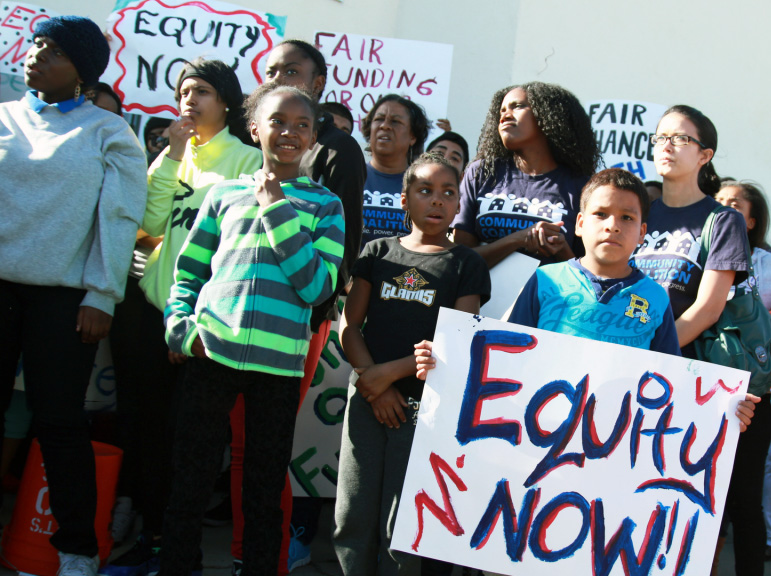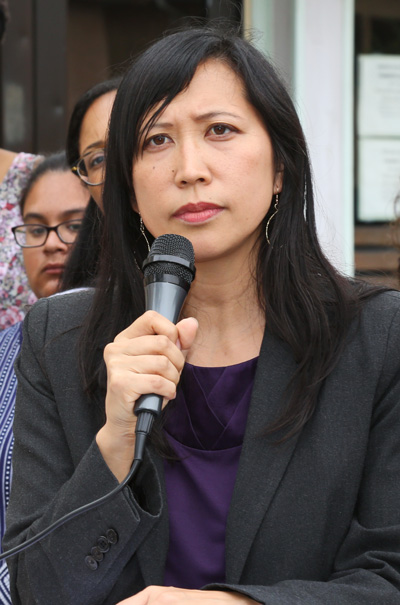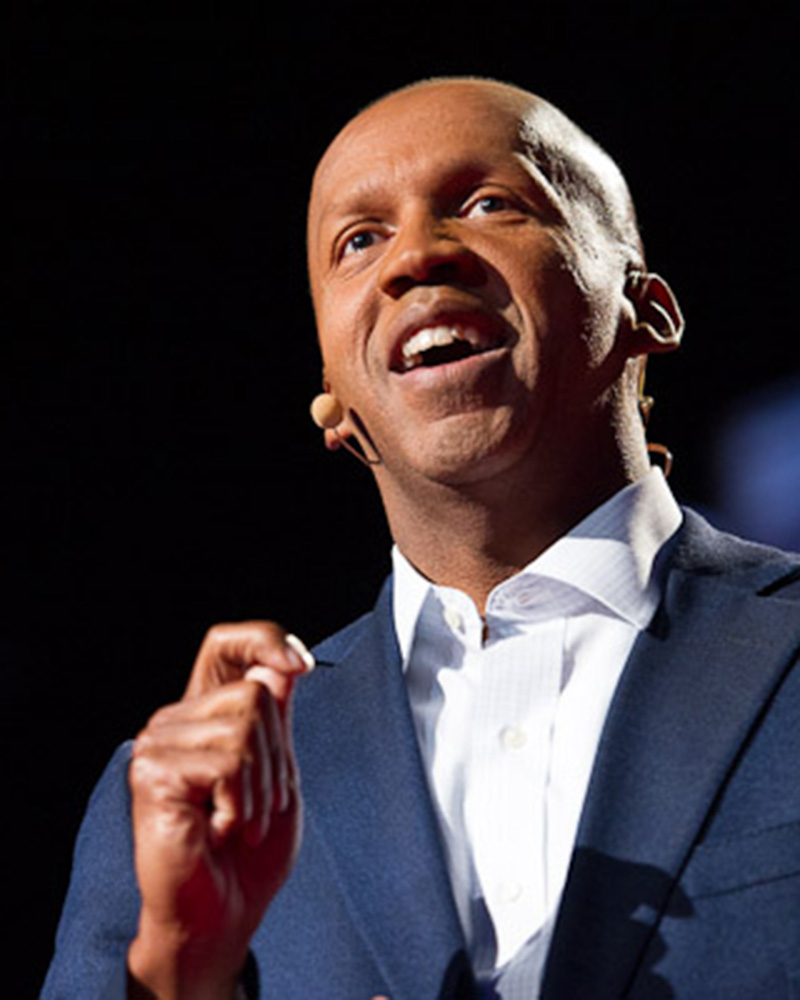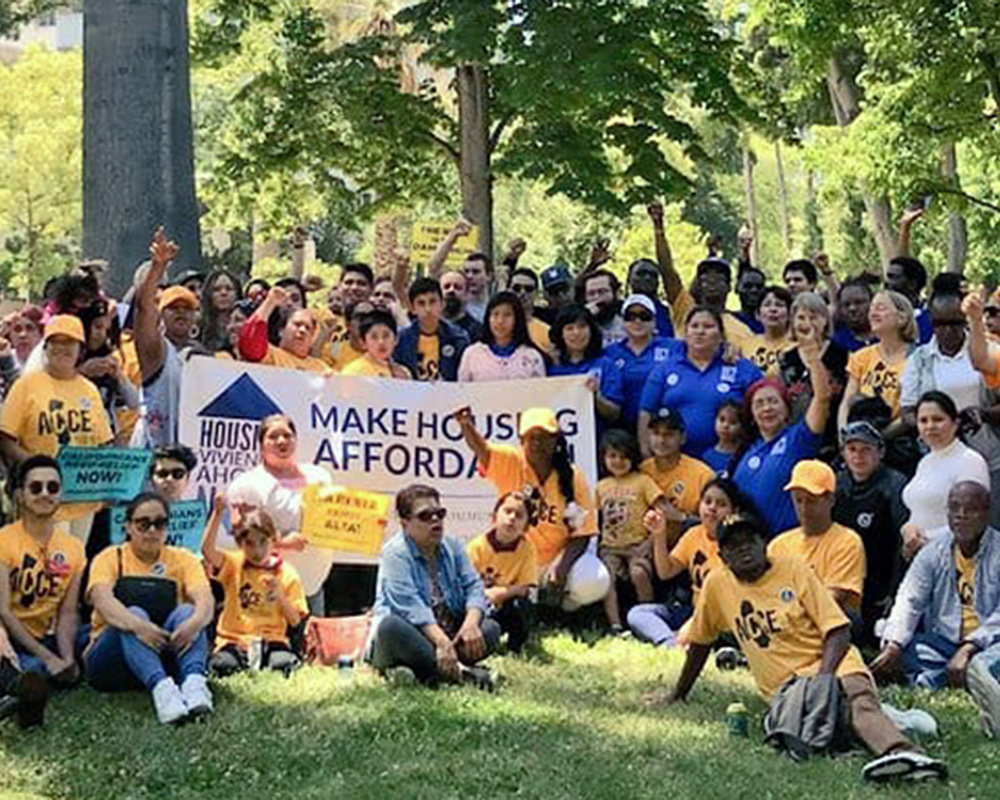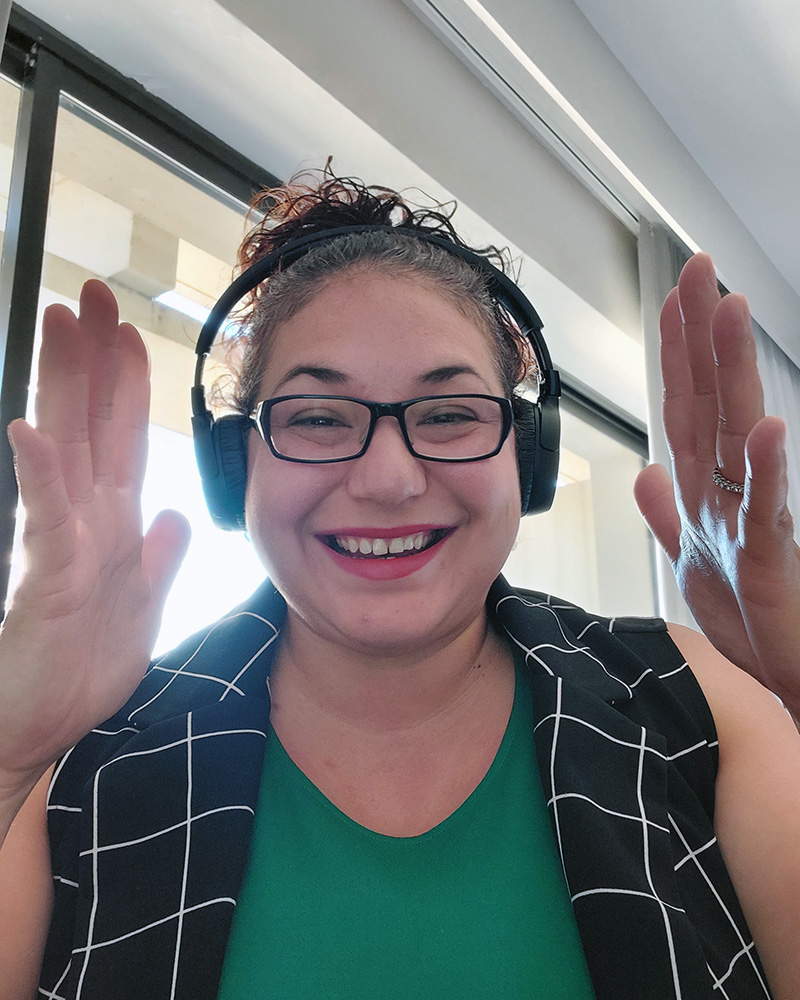Public Advocates, the American Civil Liberties Union Foundation of Northern California, and PolicyLink represented four community organizations in East Palo Alto in raising cutting-edge legal arguments under the California Environmental Quality Act (CEQA) about the environmental impacts of Facebook’s proposed expansion of its corporate headquarters in Menlo Park. These legal concerns and the prospect of litigation over the Facebook expansion project led to negotiations with Facebook culminating in a groundbreaking legal agreement between the corporation and the four community groups. The agreement, which resolved the groups’ CEQA claims, brought $20 million in community benefits to local low-income residents. The agreement also created an ongoing partnership between local community members and Facebook to work on solving the crisis of housing affordability and displacement plaguing Silicon Valley. The community groups represented in this matter were Youth United for Community Action, Faith in Action Bay Area, Comité de Vecinos del Lado Oeste, East Palo Alto, and Community Legal Services in East Palo Alto. The December 2016 “Compact to Increase Equity, Opportunity and Access in Silicon Valley” was designed to bring funding to build and preserve affordable housing, protect tenants from displacement, and train local residents for jobs. In August, 2017, after further legal work advising these community groups in discussions with Facebook, a fund manager was chosen to administer the affordable housing fund, which is expected to result in leveraging the initial $18.5 million in affordable housing funding into a $75 million fund that will help to finance more than 500 units for low-income households in one of the most expensive housing markets in the country. This agreement set a new precedent for local community investment by Silicon Valley companies, pointing the way toward corporate-community partnerships and more robust corporate social responsibility in the tech sector. Such partnerships offer the promise of mitigating the negative impacts of the global tech industry on low-income communities of color in the Bay Area.
